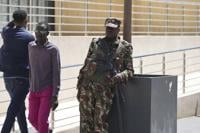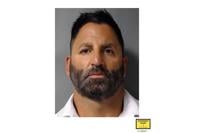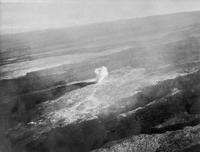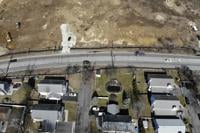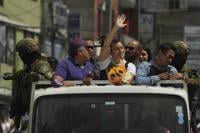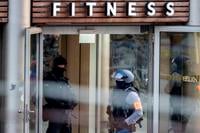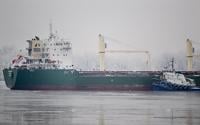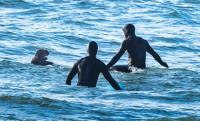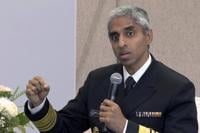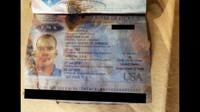NAIROBI, Kenya (AP) — Kenyan President William Ruto said Wednesday the country will still lead a U.N.-backed multi-national police force to help quell gang violence in Haiti once a transitional presidential council is formed in the Caribbean country.
Ruto said in a post on X, formerly Twitter, that U.S. Secretary of State Antony Blinken had briefed him on the latest developments in Haiti and that he assured Blinken of Kenya’s commitment to deploy a police force to Haiti.
“I assured Secretary Blinken that Kenya will take leadership of the U.N. Security Support Mission in Haiti to restore peace and security," Ruto said.
Kenya's Foreign Affairs Principal Secretary Korir Sing'oei on Tuesday said Kenya had put on hold the deployment of 1,000 of its policemen until a clear administration is in place in Haiti. The announcement came after Haiti said he would resign once a presidential council is created.
Kenya had to lead a U.N.-authorized international police force to Haiti, but the country’s top court in January , in part because of a lack of reciprocal agreements on such deployments between the two countries.
Ruto said that he and Henry had witnessed the signing of the reciprocal agreements between Kenya and Haiti on March 1, clearing the path for the deployment.
Under the plan, the U.N.-backed multi-national police led by Kenyan officers was to . But violence escalated sharply since Feb. 29, with gunmen burning police stations, closing the main international airports and raiding the country’s two biggest prisons, releasing more than 4,000 inmates.
Scores have been killed, and more than 15,000 are homeless after fleeing neighborhoods raided by gangs. and the main port in the capital of Port-au-Prince remains closed, stranding dozens of containers with critical supplies.
After returning from a trip to Kenya where he had gone to salvage plans for the African country’s deployment, Henry has been locked and has remained in Puerto Rico since last week.
____
Follow AP’s Africa coverage at:


